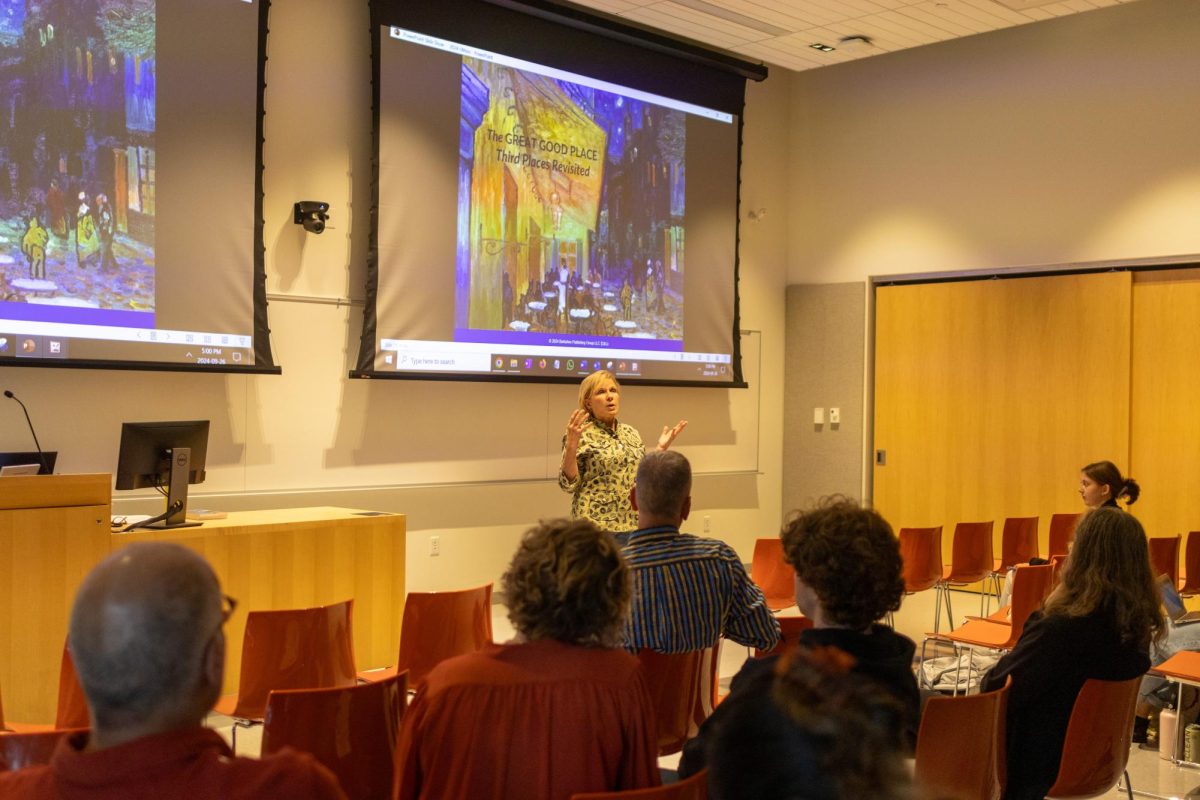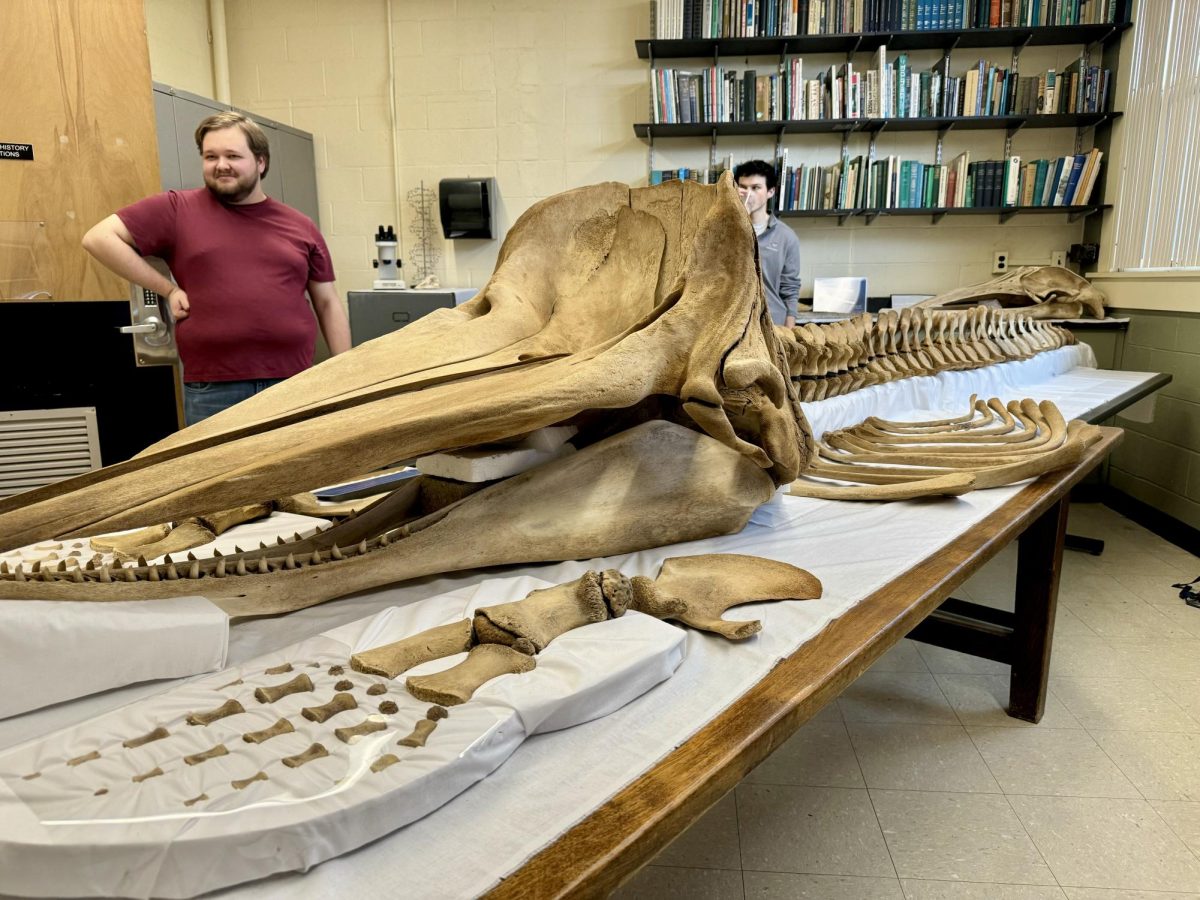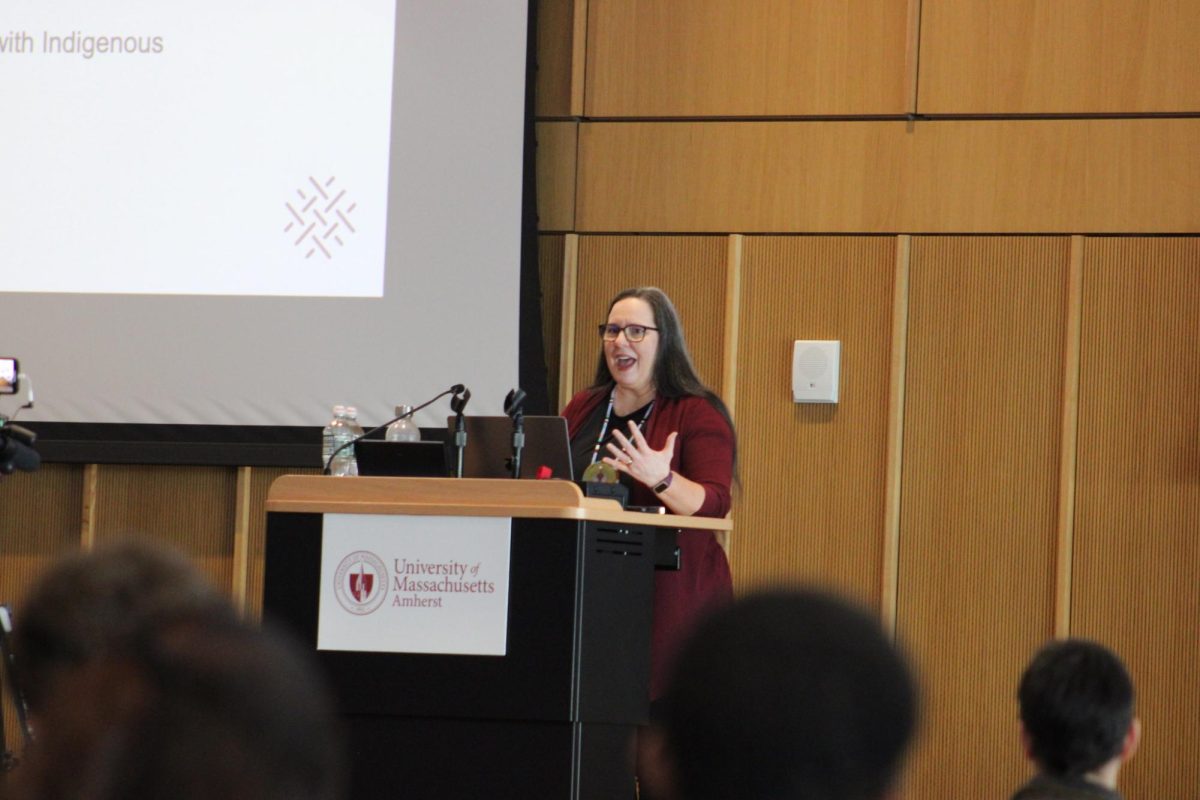
While rivers may have once been a foundation of transport, shipping and a crossroads of people and cultures, some may take for granted their ongoing significance. But not Nathaniel Tripp, a member of the Connecticut River Joint Commission, a two-state council comprised of representatives from New Hampshire and Vermont which examines issues facing the river.
Tripp will present a lecture titled “The Connecticut River: A Confluence of People, Place and Environment” Tuesday at 4:30 p.m. in the Cape Cod Lounge of the Student Union at the University of Massachusetts, according to a Friday release from the school’s Office of News and Media Relations.
Tripp, who represents Vermont on the Commission, has worked with a variety of figures from residents to business owners to politicians and lobbyists in dealing with issues facing the Connecticut from sustainability to transportation needs, according to the release.
He is also the author of the 2005 “Confluence,” which illustrates the myriad manners in which rivers connect people.
Tripp’s lecture is being sponsored by the Environmental Institute, the geosciences department and the UMass public history program, as well as the Five College sustainability seminar series, according to the release. The talk is free and open to the public.
According to his profile on the Florida-based literary agency Dwyer & O’Grady, Tripp lives on a hillside farm in Vermont, where he has resided for some 30 years. At his farm, he raises sheep and vegetables, his page states. The Vietnam War veteran has also alternately worked in film and television and also authored a memoir, “Father Soldier Son,” published in 1996 by the Steerforth Press. He has also authored several children’s books, including “Thunderstorm,” published in 1994 by Dial BYR, and “Snow Comes to the Farm,” which appeared in 2001 from Walker Books.
According to its website the Connecticut Joint River Commission is a partnership between both northern New England states’ governments and “businesses, farmers, conservationists, and other citizens.” The Commission attempts to create “a strong and vibrant economy while conserving the natural wealth and beauty of this special place.”
– Collegian News Staff






